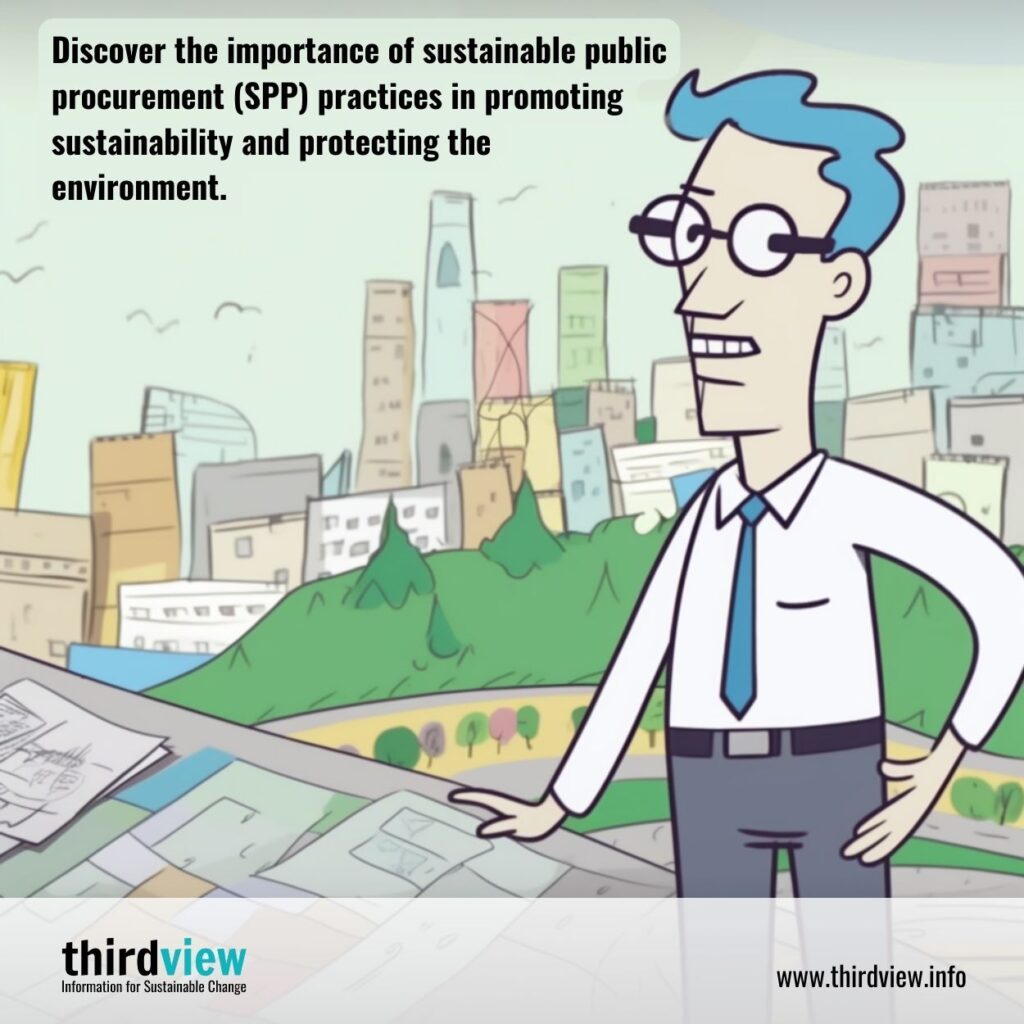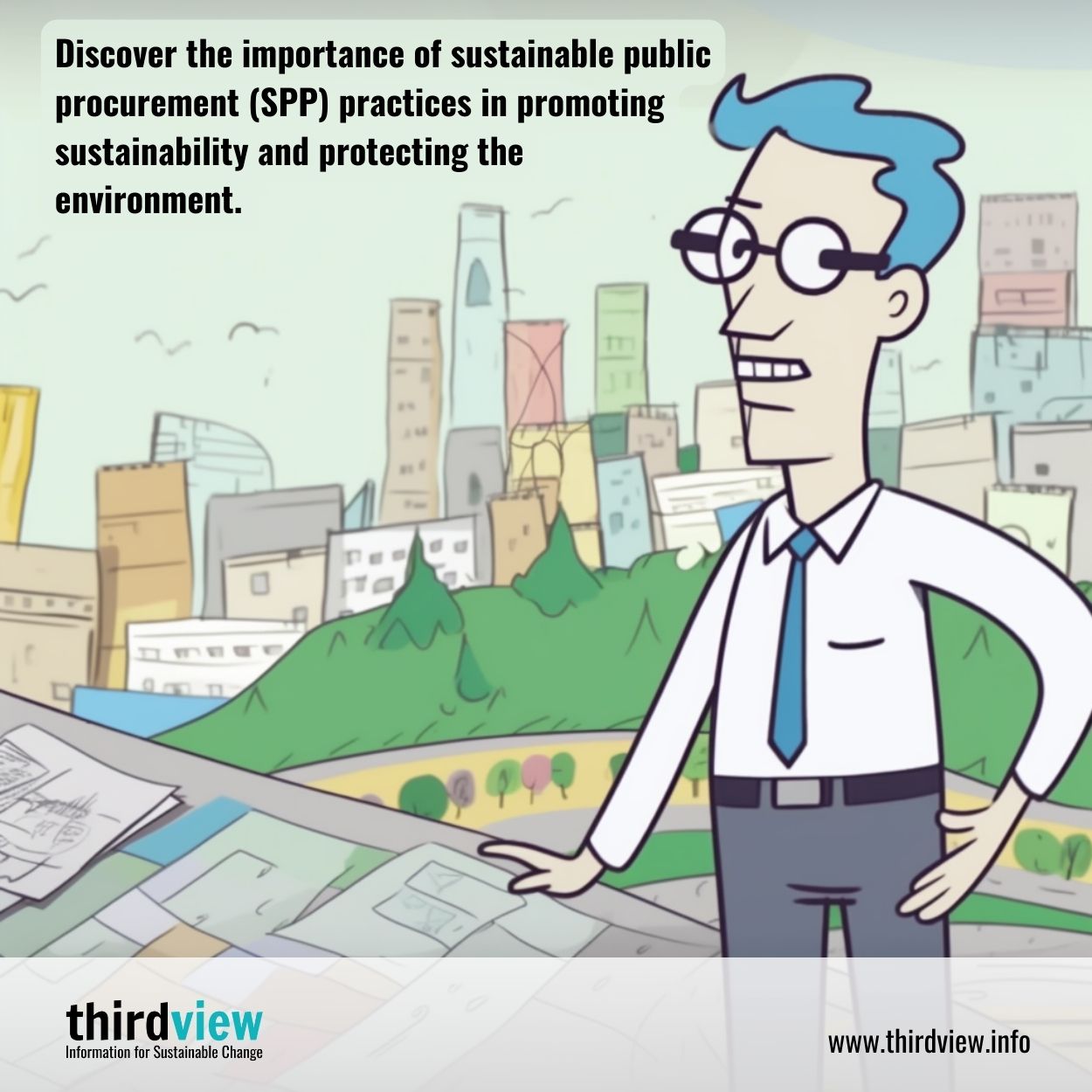Sustainability has been a buzzword in the modern world. It encompasses the concepts of responsible consumption, efficient use of resources, and protection of the environment without compromising our ability to meet the needs of future generations. One way to promote sustainability is by implementing sustainable public procurement (SPP) practices. SPP involves the consideration of social, environmental, and economic factors in public purchasing processes. Likewise, it ensures that governments procure goods and services that are environmentally friendly, promote ethical production, and contribute to local economic development. This blog will elaborate on the road ahead for SPP and highlight the challenges that need to be overcome.
Many factors influence the adoption of SPP practices, including institutional settings, legal frameworks, capacity, and market conditions. Pioneering countries like Denmark, Sweden, and Norway have already implemented ambitious SPP strategies, but small developing countries are lagging in this area due to capacity and governance challenges. Due to this, they require technical and financial assistance from the international community and regional organizations to develop suitable policy frameworks and guidelines on sustainable procurement, promote legislative changes, and build the capacity of procurement officials to implement SPP practices effectively. This collaboration will enhance knowledge transfer among countries to promote SPP practices more effectively.
Another critical factor affecting the adoption of SPP is the availability of sustainable products. The market supply is not always available, and at times when available, they are costly, which makes purchasing them difficult for the public sector. To encourage the supply of sustainable products, governments need to create favourable policies and regulations that motivate suppliers to improve their production. One way to achieve this is by setting ambitious product sustainability standards that suppliers must meet to participate in tenders. Furthermore, in undertaking its role as a significant buyer of goods and services, the government can create considerable demand for sustainable products and provide opportunities for small and medium-sized enterprises.
Transparency is crucial in ensuring that SPP procurement processes are accountable to all stakeholders. Procurement savings and efficiencies should not be considered above transparency. To raise accountability, governments should publish annual reports on the achievements of their SPP strategy. These reports should focus on the environmental, social, and economic results of SPP in terms of the jobs and capacities created for domestic producers and suppliers. By doing so, government actors reinforce their credibility and build trust among stakeholders, including industry, civil society, and the public.
In conclusion, SPP practices are essential to promoting sustainable development, protecting the environment, and safeguarding social well-being. The road ahead for SPP adoption is still long and winding, with various challenges that need to be overcome. However, with political will, collaboration, and stakeholder engagement, governments can develop policies that foster sustainable procurement and embed these processes in their procurement culture. As we reach the end of this piece, it is evident that a commitment to continuous improvement and accountability is required. We need to strive to minimize waste, improve resource utilization, reduce our carbon footprint, and create a circular economy. By walking on this road together, we can create a sustainable future for ourselves and the generations to come.


